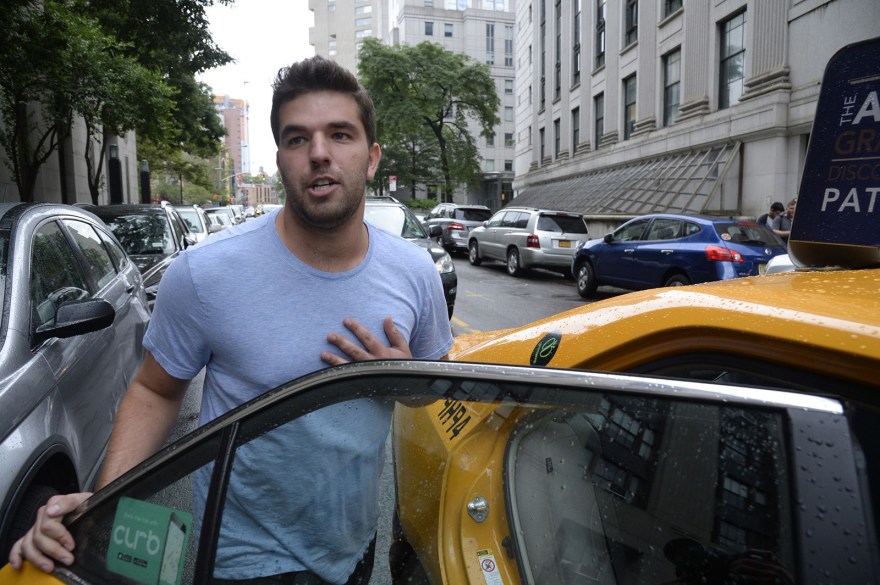Videos by According2HipHop
Two of the internet’s most infamous names—LimeWire and Fyre Festival—are officially linking up.
On Tuesday, LimeWire revealed that it’s the mystery buyer who snagged the entire Fyre Festival brand on eBay earlier this summer for $245,300. That deal included the IP, trademarks, and leftover assets from Billy McFarland’s disasterpiece of a music festival, which originally promised a luxury experience in the Bahamas but instead gave us FEMA tents, soggy mattresses, and the world’s most famous cheese sandwich.
“We’re not bringing the festival back—we’re bringing the brand and the meme back to life,” LimeWire CEO Julian Zehetmayr told reporters. “This time with real experiences, and without the cheese sandwiches.” COO Marcus Feistl doubled down, saying the goal is to flip Fyre ’s reputation as a cultural punchline into a case study on execution: “Fyre became a symbol of everything that can go wrong. Now it’s our chance to show what happens when you pair cultural relevance with real execution.”
For context, McFarland first put the Fyre name up for auction in July, claiming he had a “seven-figure deal” fall through and pivoting to eBay. LimeWire ended up outbidding other players—including Ryan Reynolds’s agency, Maximum Effort. Naturally, Reynolds responded in peak Ryan Reynolds fashion, congratulating LimeWire and joking: “I look forward to attending their first event but will be bringing my own palette of water.”
The reboot won’t just live in the physical world either. According to Fyre ’s revamped site, the brand will tie directly into LimeWire’s crypto token, $LMWR. Holders will reportedly get early access to campaigns, token-gated merch drops, and exclusive updates.
If the mashup feels surreal, that’s kind of the point. LimeWire itself is already a rebrand story: once the file-sharing app that fueled every iPod in the early ’00s before being shut down for piracy in 2010, it was resurrected in 2022 as a blockchain-powered platform focused on NFTs and AI tools.
Now the company is betting it can turn one of the internet’s biggest failures into its next big flex.























